In a new McKinsey survey, 78% of businesses now use AI in at least one part of their business—up from 72% in early 2024 and just 55% a year ago. This dramatic surge illustrates just how vital AI has become to fuel innovation, increase efficiency, and get ahead of the competition.
In today’s fast-changing world, businesses are always looking for ways to grow, work smarter, and stay ahead of the competition. Artificial intelligence (AI) is becoming a powerful tool that helps companies do that by saving time, improving decisions, and making work easier. But using AI the right way isn’t always easy. It takes the right knowledge, planning, and support to get real results.
That’s where AI consulting services help by guiding businesses to use AI effectively and turn new ideas into real success. Whether it’s automating daily tasks or analyzing large amounts of data, AI consultants offer the knowledge and support needed to make things happen. They take the time to learn about each business, identify areas where AI can make a difference, and recommend the best solutions to meet specific goals.
In this blog, we’ll explore what AI consulting services are, their key features, the essential services consultants offer, and how they are shaping the future of business worldwide. Let’s get started.
What Are AI Consulting Services?
Artificial intelligence consulting firms assist companies in closing the distance between how AI can be utilized and how a company truly needs it. They don’t merely provide technical capabilities—they apply strategic thinking.
These firms lead businesses through planning, developing, and deploying AI technology that meets their specific objectives and processes. They begin by evaluating whether a company is AI-ready, prioritizing high-value use cases, and establishing a road map to effective adoption.
However, their job does not end with bringing in new systems. Best AI consulting firms also assist in:
- Scaling existing AI solutions to accommodate expansion and increased demand.
- Optimize underperforming AI models for better accuracy and efficiency.
- Integrate AI into core business operations like marketing, sales, customer support, and supply chain.
- Ensure compliance and data governance throughout AI implementation.
- Minimize risks and avoid common pitfalls that waste time and resources.
What Are The Key Services Offered By AI Consultants?
AI consulting services encompass a wide array of main offerings that help organizations bring AI technologies together and realize their full potential. From crafting custom AI strategies to implementing and streamlining solutions, consultants take firms through every stage of their AI journey. Let’s delve into some of the main services AI consultants offer to define the business operations of the future.
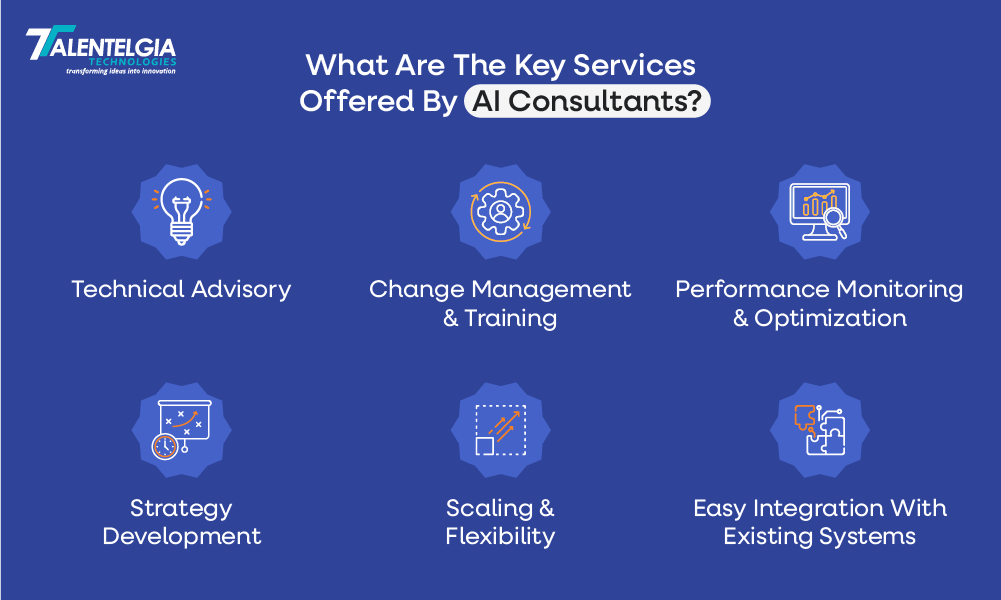
1. Technical Advisory
AI consulting firms offer expert technical advisory services to assist businesses in selecting the most appropriate AI tools, platforms, and models according to their objectives and challenges. These services extend beyond general advice—they deliver custom machine learning, deep learning, and natural language processing (NLP) technology recommendations that meet your industry and business requirements.
For instance, a company offering financial services may require fraudulent transaction detection in real time. For such instances, AI advisors can suggest utilizing classification models such as logistic regression or support vector machines and deploying them on cloud infrastructure like AWS or Google Cloud to ensure scalability and speed.
By providing strategic guidance on the best-fit algorithms, data infrastructure, and deployment strategies, AI consulting companies help your business implement AI efficiently and effectively, achieving maximum ROI while minimizing risk.
2. Change Management & Training
Deploying AI successfully isn’t so much about the technology as it is about getting your people and processes ready for the change. AI consulting firms bridge that divide by designing and implementing employee training initiatives. Their mission? To get your staff ready, empowered, and able to work with new AI platforms.
Through enabling early user adoption and aligning teams with the firm’s AI objectives, these consultants ease the transition, lower resistance to change, and enhance time-to-value from your AI investment.
These methods seek to build user confidence, enhance abilities, and deploy AI solutions fully within business-as-usual. Consultants also deal with expected resistance, promote stakeholder engagement, and provide the necessary documentation to assist teams in managing change.
Key activities are:
- Developing tailored training programs for the entire organization.
- Developing plans to increase user adoption and participation.
- Creating clear documentation to facilitate AI tool use.
- Overcoming resistance to change through focused initiatives.
- Communicating effectively with stakeholders to align on goals and progress.
By ensuring that employees are able to use AI tools effectively, consultants enable businesses to achieve long-term success and maximize the return on their AI investments.
3. Performance Monitoring & Optimization
After deploying AI solutions, continued monitoring and tuning are necessary to make sure that they continue to provide value. Top AI consulting companies install monitoring systems to monitor the performance of AI models, monitor business impact, and make data-based adjustments to increase effectiveness.
This involves creating real-time dashboards, defining key performance indicators (KPIs), and developing proactive maintenance routines to make sure AI systems stay in sync with business objectives. Consultants also suggest frequent retraining of models and putting continuous improvement practices in place based on performance metrics to ensure long-term success.
Key activities are:
- Defining and monitoring KPIs to gauge AI success.
- Creating performance dashboards for real-time insights.
- Developing plans for periodic model retraining to accommodate changing data.
- Applying ongoing improvement measures to maximize AI performance.
- Tracking and reporting on ROI to evaluate the value that AI delivers.
4. Strategy Development
AI consulting companies analyze the organization’s existing technology status, determine high-value use cases, and develop a phased implementation plan in line with business goals as well as available resources. In case your company already has an AI system in place, AI consultants analyse its feasibility and prepare the strategy accordingly.
The process involves prioritization of the AI initiatives according to potential ROI, establishment of precise success measures, and creation of a schedule so that the transition is smooth. The consultants also perform detailed risk analysis and design ways to overcome the challenges in executing them.
Key activities are:
- Developing a solid business case with ROI evaluation
- Prioritizing AI applications based on business impact and viability
- Timelines and resource allocation for each project
- Conducting a thorough risk analysis and prescribing mitigation measures
5. Scaling & Flexibility
One of the greatest advantages of AI consulting firms is their capacity to design systems that can scale with your business. As your volume of data grows or your operations expand, these AI solutions are engineered to keep pace, without interrupting performance.
No matter whether you’re building new features, expanding into new markets, or automating more processes, the AI systems can adapt. Built-in flexibility allows your investment to remain useful, efficient, and valuable over time, regardless of how your business changes.
Key activities are:
- Seamless scalability – Process more data, users, or processes without performance degradation.
- Modular architecture – Introduce or modify features without requiring a complete system rewrite.
- Future-proof frameworks – Prepare for future tech trends and industry requirements.
- Optimized resource utilization – Scale infrastructure only when necessary, with costs in check.
6. Easy Integration With Existing Systems
One of the most useful functions of AI consulting firms is offering you AI integration services without revamping your entire technology ecosystem. They make sure that emerging AI technologies integrate harmoniously into your existing ecosystem—be it CRM, ERP development services, data warehousing, or cloud infrastructure.
By optimizing system compatibility and reducing workflow interruption, AI consultants bring about the transition with ease. You get to realize the advantages of AI without disrupting business as usual or experiencing lengthy downtime.
Key activities are:
- Low business disruption – Maintain your systems while integrating AI tools.
- Accelerated deployment – Have your AI models operational faster.
- Improved ROI – Optimize your use of existing infrastructure rather than building anew.
- Single operations – Sync data, tools, and flows for end-to-end effectiveness.
By integrating first, businesses can embrace AI without hesitation, neither delayed by confusion nor further burdened with infrastructure expenses.
AIso Read: AI Integration Consulting
AI Consulting Services That Will Shape The Future
AI consulting services are becoming a foundation for companies seeking to become innovative and align with changing market trends. From planning to implementation, AI consultants lead companies through the intricacies of AI adoption. Some of the most important AI consulting services that are transforming industries and shaping future success are listed below.
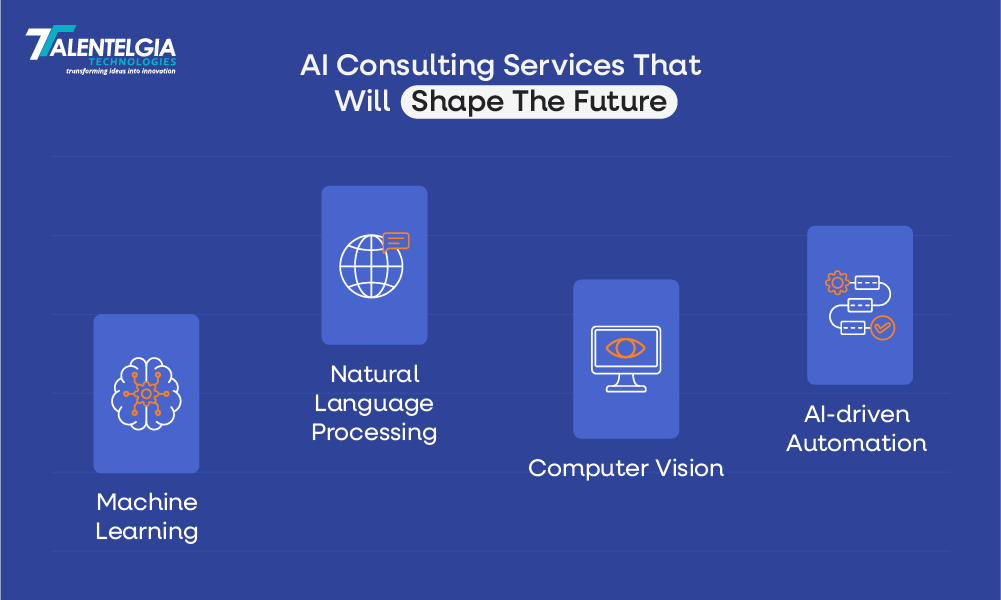
1. Machine Learning
Machine learning (ML) and data science are the foundation of AI consulting services that give businesses the ability to obtain insights from massive amounts of data. Consultants enable businesses to leverage sophisticated ML models and statistical methodologies to examine trends, forecast future patterns, and gain actionable insights. Through this, businesses can automate operations, improve customer engagement, and be competitive in industries with fast-paced change.
For example, a retail company would employ machine learning to create improved models of customer behavior and tailor recommendations, while a transport company would employ predictive analytics to optimize delivery routes to save time and cost.
Key activities are:
- Building machine learning patterns and models for identifying patterns
- Higher-level data analysis and forecasting using predictive analytics
- Data-enabled optimization of business processes
- Eternal model revision from new data
2. Natural Language Processing
Natural Language Processing (NLP) is a revolutionary force in enabling machines to understand and speak human language. AI consultants help organizations deploy NLP services for streamlining customer care, process automation, and improving decision-making through data. NLP tools such as chatbots, sentiment analysis, and automated content generation improve productivity, enhance user experience, and deliver customer satisfaction.
For example, a website selling goods online might employ a chatbot to offer round-the-clock customer support, while a news outlet might use sentiment analysis in a bid to quantify audience attitude toward content in real-time.
Some of the major applications are:
- 24/7 customer support through chatbots
- Customer opinion measurement through sentiment analysis
- Text summarization and content generation
- Global reach through language translation
3. Computer Vision
Computer Vision enables machines to interpret and read visual data, turning images and videos into actionable information. It helps companies implement the power of AI to enhance security, quality checking, and groundbreaking customer experiences. From image identification to facial identification and video insights, computer vision is transforming business in retail, healthcare, and security.
For example, a store can use image recognition to track inventory automatically, while a healthcare company can use facial recognition for secure patient identification and record management.
Some of the major applications are:
- Real-time image and video analysis
- Facial recognition for security and personalization
- Automated visual quality control through automated visual inspections
- Automated visual content tagging and categorization
4. AI-driven Automation
AI-powered business automation is transforming the way companies deal with mundane processes to enable efficiency maximization and the minimization of operational costs. AI consulting companies assist organizations with locating areas to utilize Robotic Process Automation (RPA) or smart automation in order to optimize operations and improve productivity.
For example, a bank can automate transaction processing and data input, while a hospital can automate billing and patient scheduling. These products allow firms to minimize errors and enhance the provision of service.
Some of the major applications are:
- Automating repetitive business tasks (e.g., invoicing, data entry)
- Using intelligent automation to aid decision-making
- Optimizing operational workflows with RPA technologies
- Cutting costs while enhancing service quality
Conclusion
AI consulting services are taking a central role in assisting companies to unlock the true power of artificial intelligence. Right from strategy creation and model deployment to performance tracking and optimization, consultants lead companies through each step of AI implementation. As AI technologies like machine learning, NLP, computer vision, and automation keep on developing, companies that use these strengths will remain at the forefront, fostering innovation, enhancing efficiency, and acquiring a competitive advantage.
By aligning with the proper AI consultants, businesses cannot only get past the hurdles of AI adoption but can also have their AI solutions natively integrate into their business operations. From improving customer experience, optimizing processes, or attaining more scalability, AI consulting is a vital catalyst for future success. As AI continues to transform industries across the globe, companies that adopt these revolutionary technologies will be in a good place to succeed in a more digital and data-centric world.


 Healthcare App Development Services
Healthcare App Development Services
 Real Estate Web Development Services
Real Estate Web Development Services
 E-Commerce App Development Services
E-Commerce App Development Services E-Commerce Web Development Services
E-Commerce Web Development Services Blockchain E-commerce Development Company
Blockchain E-commerce Development Company
 Fintech App Development Services
Fintech App Development Services Fintech Web Development
Fintech Web Development Blockchain Fintech Development Company
Blockchain Fintech Development Company
 E-Learning App Development Services
E-Learning App Development Services
 Restaurant App Development Company
Restaurant App Development Company
 Mobile Game Development Company
Mobile Game Development Company
 Travel App Development Company
Travel App Development Company
 Automotive Web Design
Automotive Web Design
 AI Traffic Management System
AI Traffic Management System
 AI Inventory Management Software
AI Inventory Management Software
 AI Software Development
AI Software Development  AI Development Company
AI Development Company  AI App Development Services
AI App Development Services  ChatGPT integration services
ChatGPT integration services  AI Integration Services
AI Integration Services  Generative AI Development Services
Generative AI Development Services  Natural Language Processing Company
Natural Language Processing Company Machine Learning Development
Machine Learning Development  Machine learning consulting services
Machine learning consulting services  Blockchain Development
Blockchain Development  Blockchain Software Development
Blockchain Software Development  Smart Contract Development Company
Smart Contract Development Company  NFT Marketplace Development Services
NFT Marketplace Development Services  Asset Tokenization Company
Asset Tokenization Company DeFi Wallet Development Company
DeFi Wallet Development Company Mobile App Development
Mobile App Development  IOS App Development
IOS App Development  Android App Development
Android App Development  Cross-Platform App Development
Cross-Platform App Development  Augmented Reality (AR) App Development
Augmented Reality (AR) App Development  Virtual Reality (VR) App Development
Virtual Reality (VR) App Development  Web App Development
Web App Development  SaaS App Development
SaaS App Development Flutter
Flutter  React Native
React Native  Swift (IOS)
Swift (IOS)  Kotlin (Android)
Kotlin (Android)  Mean Stack Development
Mean Stack Development  AngularJS Development
AngularJS Development  MongoDB Development
MongoDB Development  Nodejs Development
Nodejs Development  Database Development
Database Development Ruby on Rails Development
Ruby on Rails Development Expressjs Development
Expressjs Development  Full Stack Development
Full Stack Development  Web Development Services
Web Development Services  Laravel Development
Laravel Development  LAMP Development
LAMP Development  Custom PHP Development
Custom PHP Development  .Net Development
.Net Development  User Experience Design Services
User Experience Design Services  User Interface Design Services
User Interface Design Services  Automated Testing
Automated Testing  Manual Testing
Manual Testing  Digital Marketing Services
Digital Marketing Services 
 Ride-Sharing And Taxi Services
Ride-Sharing And Taxi Services Food Delivery Services
Food Delivery Services Grocery Delivery Services
Grocery Delivery Services Transportation And Logistics
Transportation And Logistics Car Wash App
Car Wash App Home Services App
Home Services App ERP Development Services
ERP Development Services CMS Development Services
CMS Development Services LMS Development
LMS Development CRM Development
CRM Development DevOps Development Services
DevOps Development Services AI Business Solutions
AI Business Solutions AI Cloud Solutions
AI Cloud Solutions AI Chatbot Development
AI Chatbot Development API Development
API Development Blockchain Product Development
Blockchain Product Development Cryptocurrency Wallet Development
Cryptocurrency Wallet Development About Talentelgia
About Talentelgia  Our Team
Our Team  Our Culture
Our Culture 
 Healthcare App Development Services
Healthcare App Development Services Real Estate Web Development Services
Real Estate Web Development Services E-Commerce App Development Services
E-Commerce App Development Services E-Commerce Web Development Services
E-Commerce Web Development Services Blockchain E-commerce
Development Company
Blockchain E-commerce
Development Company Fintech App Development Services
Fintech App Development Services Finance Web Development
Finance Web Development Blockchain Fintech
Development Company
Blockchain Fintech
Development Company E-Learning App Development Services
E-Learning App Development Services Restaurant App Development Company
Restaurant App Development Company Mobile Game Development Company
Mobile Game Development Company Travel App Development Company
Travel App Development Company Automotive Web Design
Automotive Web Design AI Traffic Management System
AI Traffic Management System AI Inventory Management Software
AI Inventory Management Software AI Software Development
AI Software Development AI Development Company
AI Development Company ChatGPT integration services
ChatGPT integration services AI Integration Services
AI Integration Services Machine Learning Development
Machine Learning Development Machine learning consulting services
Machine learning consulting services Blockchain Development
Blockchain Development Blockchain Software Development
Blockchain Software Development Smart contract development company
Smart contract development company NFT marketplace development services
NFT marketplace development services IOS App Development
IOS App Development Android App Development
Android App Development Cross-Platform App Development
Cross-Platform App Development Augmented Reality (AR) App
Development
Augmented Reality (AR) App
Development Virtual Reality (VR) App Development
Virtual Reality (VR) App Development Web App Development
Web App Development Flutter
Flutter React
Native
React
Native Swift
(IOS)
Swift
(IOS) Kotlin (Android)
Kotlin (Android) MEAN Stack Development
MEAN Stack Development AngularJS Development
AngularJS Development MongoDB Development
MongoDB Development Nodejs Development
Nodejs Development Database development services
Database development services Ruby on Rails Development services
Ruby on Rails Development services Expressjs Development
Expressjs Development Full Stack Development
Full Stack Development Web Development Services
Web Development Services Laravel Development
Laravel Development LAMP
Development
LAMP
Development Custom PHP Development
Custom PHP Development User Experience Design Services
User Experience Design Services User Interface Design Services
User Interface Design Services Automated Testing
Automated Testing Manual
Testing
Manual
Testing About Talentelgia
About Talentelgia Our Team
Our Team Our Culture
Our Culture
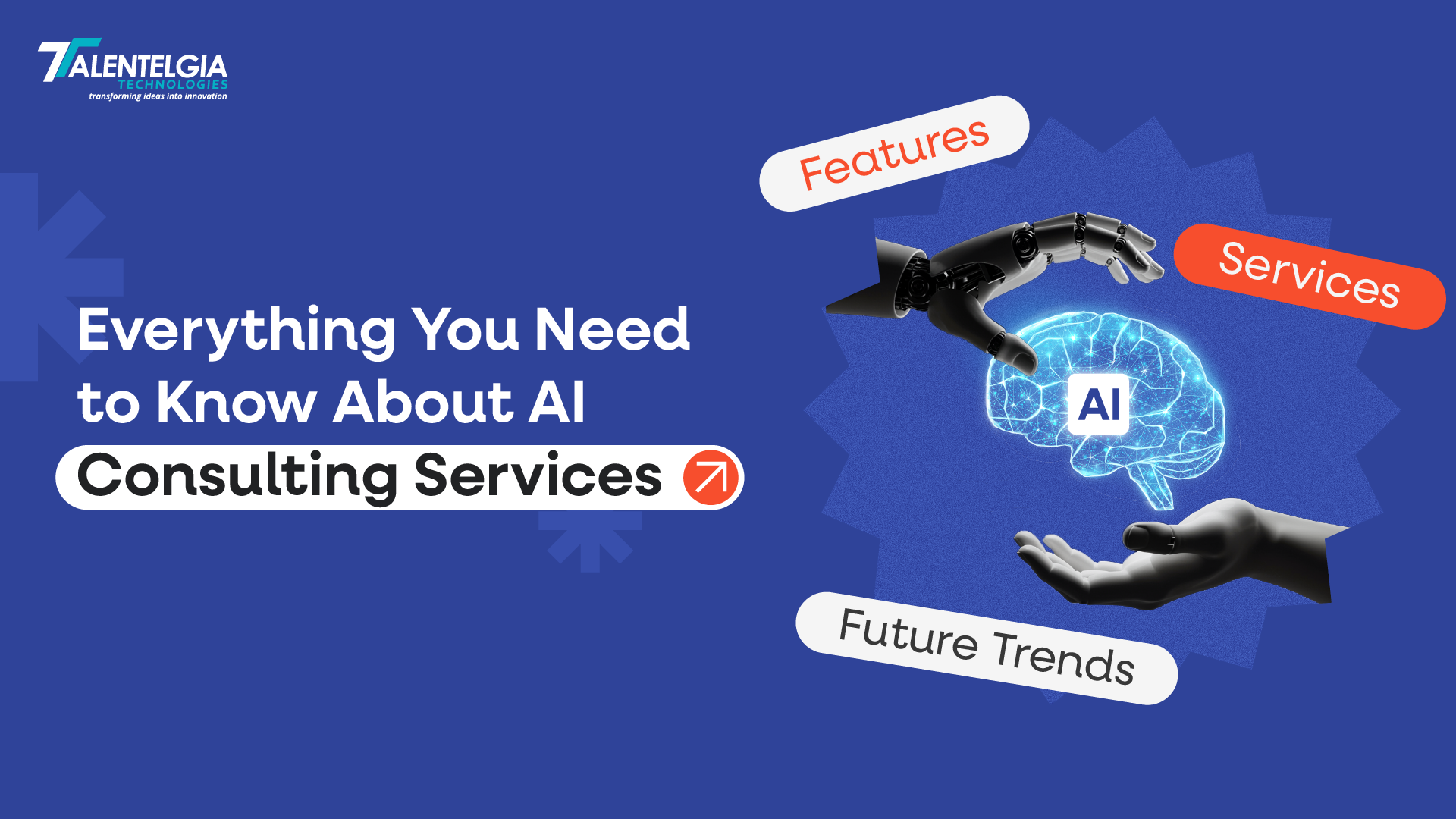

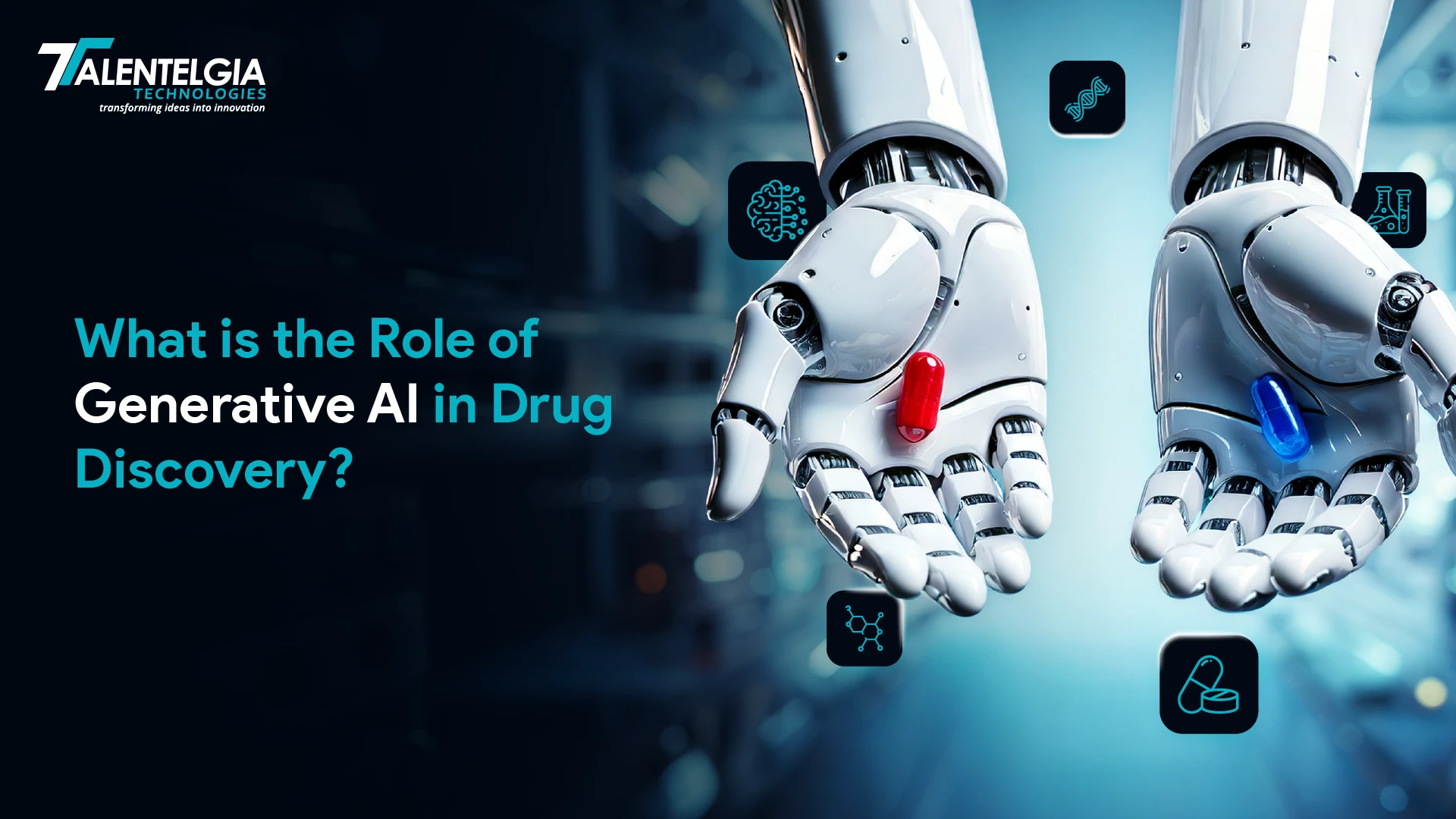

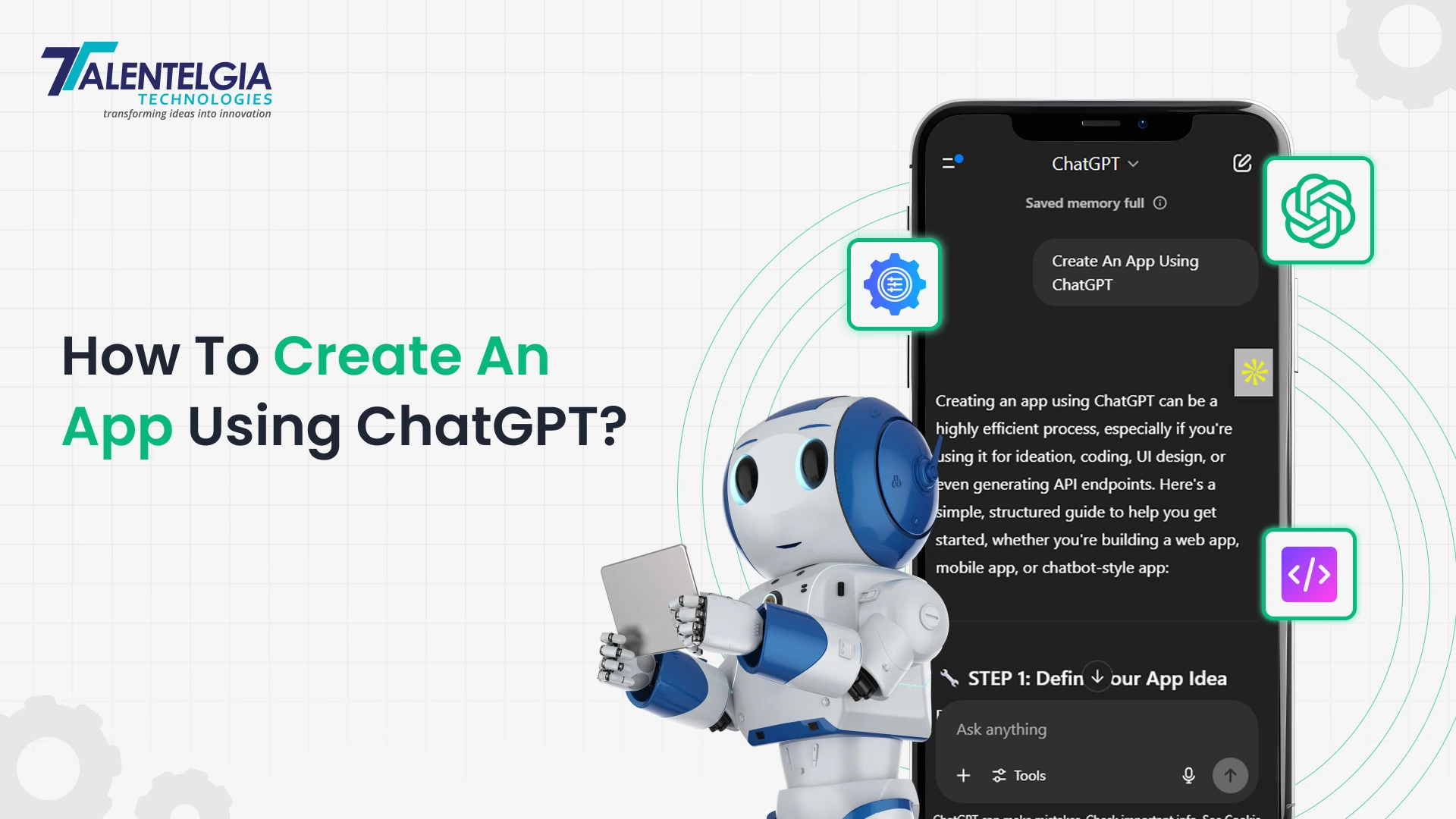

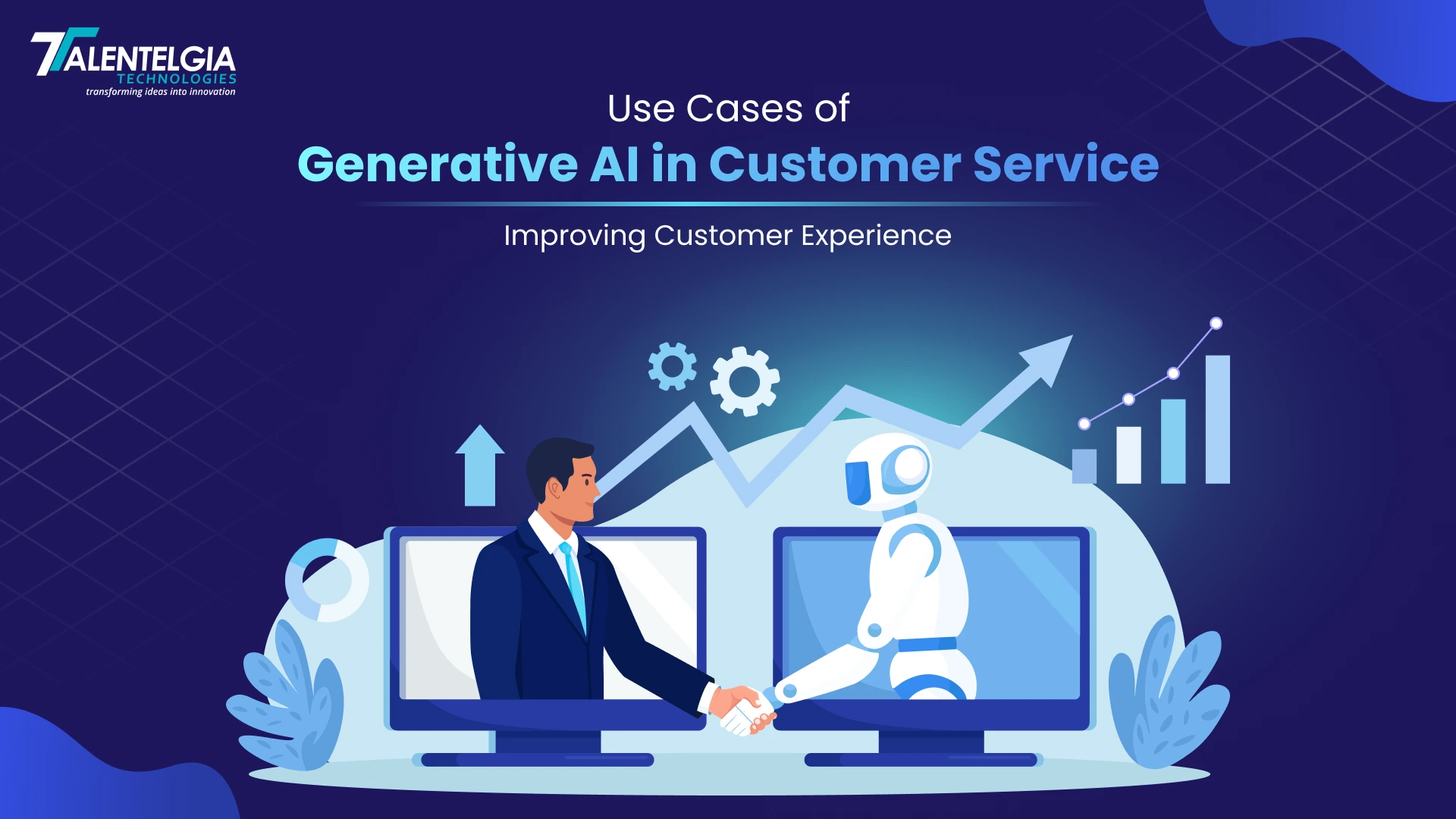











 Write us on:
Write us on:  Business queries:
Business queries:  HR:
HR: 





